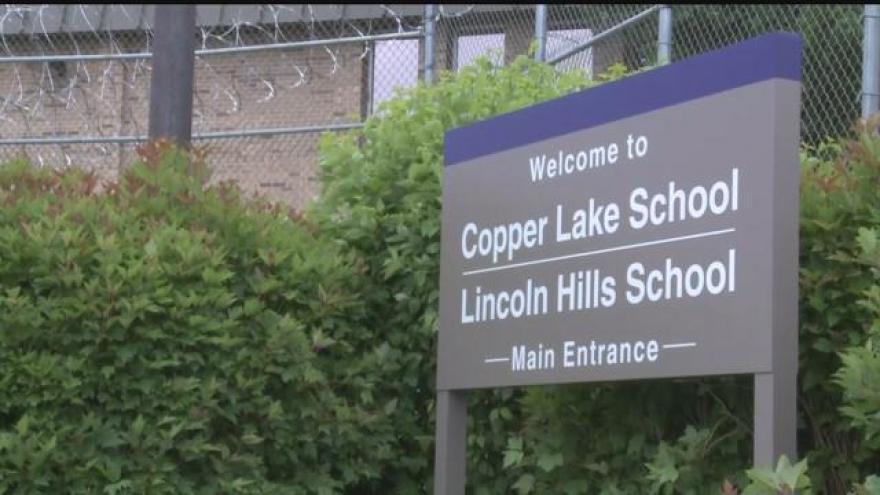Judge rules public can see video of juvenile inmates being pepper sprayed at Lincoln Hills

(AP) — A federal judge ruled Thursday that the public is entitled to see videos of juvenile inmates being pepper sprayed at Wisconsin's troubled youth prisons, which face a lawsuit challenging their use of that disciplinary practice and others.
U.S. District Judge James Peterson sided with a coalition of news outlets, including The Associated Press, that pushed for the right to remain in the courtroom while the videos are played. The American Civil Liberties Union and the Juvenile Law Center, with the agreement of the state Department of Corrections, had asked for the public to be barred from the courtroom while the videos are played because the faces and names of inmates can be seen and heard on them.
The ACLU and Juvenile Law Center represent a group of current and former inmates who say disciplinary tactics used at the Lincoln Hills and Copper Lake prisons — including pepper spraying, solitary confinement and the shackling of inmates — are unconstitutional. They were expected to play the videos in court later Thursday as they seek an injunction to halt the disciplinary tactics while their lawsuit proceeds.
The state argues that the disputed practices are used only when necessary and are important tools to ensure security at the facilities.
Peterson said he was "very concerned" about the use of the disciplinary tactics in question, "but I don't run a prison." He grilled defense attorney Sam Hall on the use of pepper spray more than 200 times in 2016 after it had been used just 45 times the previous year. Hall said prison administrators were reducing the use of the spray and it was deployed just four times in June.
"I'm not a trained prison administrator, but my hands are not tied if I see a circumstance that leads to what I think is a pretty good showing that, despite the recent efforts, shows there is a serious problem and an ongoing use" of pepper spray, Peterson said.
Hall said all of the practices at issue are on the decline and will eventually "be the exception and not the rule."
"The question then is how do we get there?" he said.
Keeping juveniles in isolation does not improve safety at the prisons, testified Vincent Schiraldi, an expert witness for the ACLU who previously ran the juvenile corrections system in Washington, D.C., and is now a criminal justice researcher at the Harvard Kennedy School. Prison logs showed some were in segregation for seven or more days in a row and didn't get any time outside of their cell in a 24-hour period, he said.
"These are long lengths of stay," he said. "That is a lot of time alone."
He also said the use of shackling inmates was overused, didn't make the prisons safer and "it flies in the face of their own standards."
The lawsuit comes as federal investigators are probing allegations of widespread inmate abuse at the prison. The lawsuit alleges that anywhere from 15 percent to 20 percent of the prison's population is held in solitary confinement at any given time. It also alleges that guards at both the boys and girls prisons needlessly pepper spray inmates for minor non-violent infractions, including using a form of spray meant to ward off charging bears.
The state provided the videos of inmates being pepper sprayed to ACLU attorneys on June 9, and the attorneys said they didn't have enough time to redact images or sounds that could identify the inmates.
But the judge said he didn't want to do that given their "importance to the state and all its citizens."
The judge said he would allow anyone to view the videos as long as they sign a non-disclosure agreement saying they will not identify the juveniles shown.
The AP, the Milwaukee Journal Sentinel, the Wisconsin State Journal, the Wisconsin Newspaper Association and the Wisconsin Freedom of Information Council all join together to ask the judge that the videos be shown in open court. The coalition's attorney, Dustin Brown, agreed to Peterson's terms for showing the videos.
